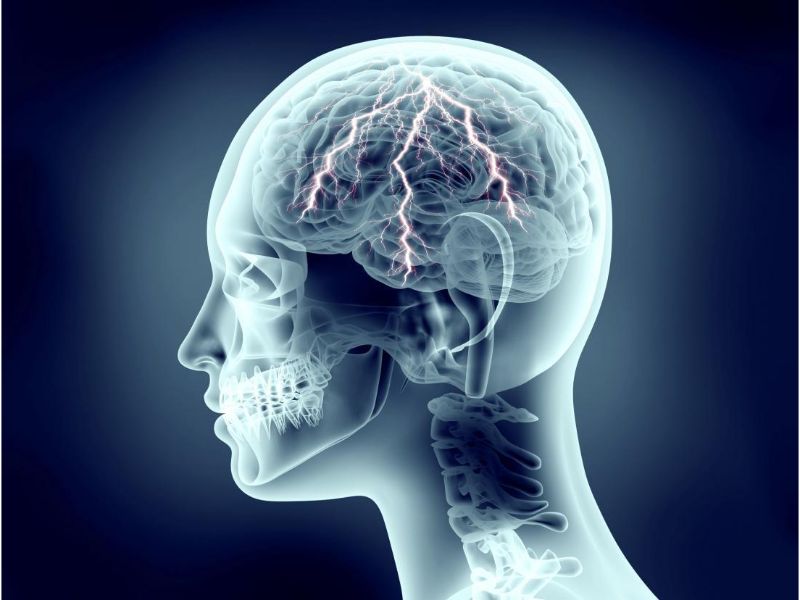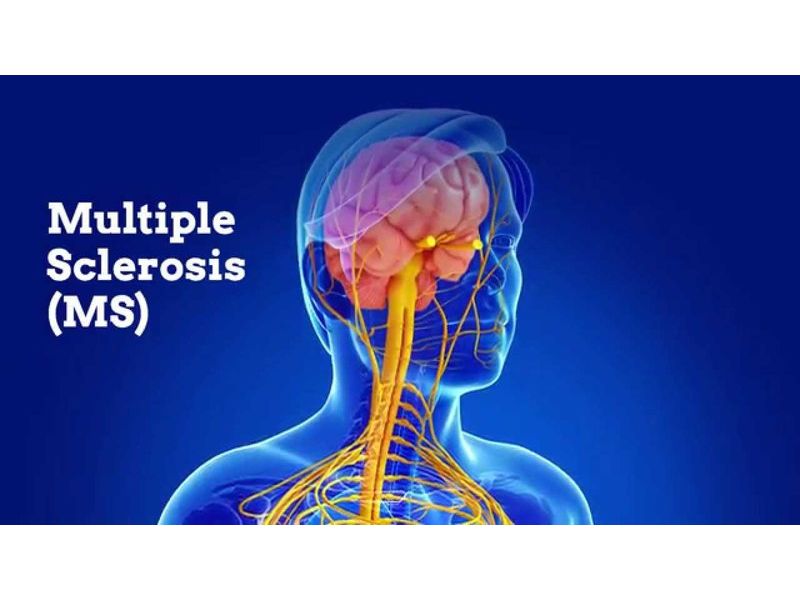MMJ Research

ANXIETY
Anxiety can be described as the body’s response to stress. Some anxiety is normal; however, extreme feelings of apprehension and fear may indicate an anxiety disorder.
Some Research Articles On MMJ Use Treating Anxiety Include:

NAUSEA
Nausea is a feeling of discomfort and uneasiness in the stomach that is often felt prior to vomiting. There are numerous causes for nausea and vomiting, which differ in severity and affect everyone’s quality of life differently.
Some Research Articles On MMJ Use Treating Nausea Include:

PAIN
Pain can drastically alter the most healthy individuals life without warning. It can be defined as a discomfort often caused by injury or illness. Pain can be acute in the short term or chronic when it persists for a long time. In the past, doctors felt one of the best treatment methods was the utilization of opioids; however, that led to many addiction and dependence issues prompting a change in strategy. This change left many patients with nowhere to turn. Thankfully, research has shown that Medical Marijuana can be a promising agent in reducing pain.
Some Research Articles On MMJ Use Treating Pain Include:

DEPRESSION
Symptoms of depression affect your mood and how you feel. Losing interest in things you enjoy, feeling sad or hopeless are a few signs of depression. There are multiple disorders that can cause depression symptoms and some promising treatments and medications available to patients.
Some Research Articles On MMJ Use Treating Depression Include:

CANCER
Cancer is defined by the Mayo Clinic as a large number of diseases characterized by the development of abnormal cells that divide uncontrollably and have the ability to infiltrate and destroy normal body tissue.
Although cancer is the second-leading cause of death in the world, advances in screening and treatment are improving outcomes of patients. Medical Marijuana usage by cancer patients for symptomatic relief provides a very promising outlook as further research is conducted on its efficiency.
Some Research Articles On MMJ Use And Cancer Include:
- The Endocannabinoid System as a Target in Cancer Diseases: Are We There Yet?
- Striking lung cancer response to self administration of cannabidiol: A case report and literature review
- Inhibition of skin tumor growth and angiogenesis in vivo by activation of cannabinoid receptors
- The current state and future perspectives of cannabinoids in cancer biology
- Cannabidiol inhibits human glioma cell migration through a cannabinoid receptor-independent mechanism
- Prospects for the Use of Cannabinoids in Oncology and Palliative Care Practice: A Review of the Evidence

GLAUCOMA
Glaucoma is often linked to a buildup of intraocular pressure within the eye, which if left untreated damages the optic nerve. Damage can lead to vision loss or permanent blindness. Although vision loss can not be brought back, modern treatments exist to lower the pressure and reduce further damage. Some risk factors for glaucoma are having a family history of it, being over 40, taking certain medications and having other health related problems.
Some Research Articles On MMJ Use And Glaucoma Include:

SEIZURES
According to Medline, seizures are symptoms of a brain problem that occur when abnormal electrical activity occurs in the brain. Although most people think of seizures as convulsions, not all seizures cause convulsions.
Although most seizures last from 30 seconds to 2 minutes and do not cause lasting harm, they are to be taken seriously. If someone has recurring seizures due to a brain disorder they may be diagnosed with epilepsy. Currently most seizures can be managed with medication, but for those who can not get them under control or have pharmaceutical side effects, medical marijuana may offer hope.
Some Research Articles On MMJ Use And Seizures Include:

CROHN’S DISEASE
The Mayo Clinic defines Crohn’s disease as an inflammatory bowel disease. It causes inflammation of the digestive tract, which can lead to abdominal pain, severe diarrhea, fatigue, weight loss and malnutrition. Different areas of the digestive tract can be affected by Crohn’s disease.
Although not curable, different therapies are available to greatly reduce the signs and symptoms of the disease while increasing the patient quality of life.
Some Research Articles On MMJ Use And Crohn’s disease Include:

ARTHRITIS
Arthritis can be very painful and is when swelling or joint tenderness occurs. This inflammation can affect one joint or multiple joints. Symptoms of arthritis usually occur over time, but it is possible for them to occur suddenly.
Two of the most common types of arthritis are osteoarthritis and rheumatoid arthritis or RA. Some of the most common symptoms are stiffness, joint pain and loss of motion. Medications such as nonsteroidal anti-inflammatory drugs (NSAIDs), immunosuppressants and analgesics for pain are often prescribed by a doctor. In severe cases, surgery is also an option.
Some Research Articles On MMJ Use And Arthritis Include:
- Preliminary assessment of the efficacy, tolerability and safety of a cannabis-based medicine (Sativex) in the treatment of pain caused by rheumatoid arthritis
- Preliminary assessment of the efficacy, tolerability and safety of a cannabis-based mExpression of cannabinoid receptor 2 and its inhibitory effects on synovial fibroblasts in rheumatoid arthritis medicine (Sativex) in the treatment of pain caused by rheumatoid arthritis

MULTIPLE SCLEROSIS (MS)
According to the Mayo Clinic, multiple sclerosis is a potentially disabling disease of the central nervous system or brain and spinal cord.
In MS the immune system attacks the protective sheath that covers nerve fibers called myelin. This causes communication problems between your brain and the rest of your body that ultimately cause permanent damage. Different patients have different symptoms when it comes to MS. While some may lose the ability to walk all together, others may not develop any new symptoms.
Although not curable, different treatments are available to help with symptoms. It is not known why MS develops; however, it is considered an autoimmune disease.
Some Research Articles On MMJ Use And MS Include:

SLEEP DISORDERS
Sleep disorders can have a huge affect on someone’s overall health and are conditions that result in changes to the way that you sleep.
According to the Mayo Clinic, some signs and symptoms of sleep disorders include excessive daytime sleepiness or increased movement during sleep. Other signs and symptoms include irregular sleep, difficulty falling asleep and an irregular sleep and wake cycle. Difficulty falling asleep or staying asleep throughout the night is known as insomnia and can affect your overall quality of life.
Another condition known as a sleep movement disorder is Willis-Ekbom disease, also known as restless legs syndrome. This condition causes an uncomfortable sensation to move the legs while attempting to fall asleep.
Some Research Articles On MMJ Use And Sleep Disorders Include:
